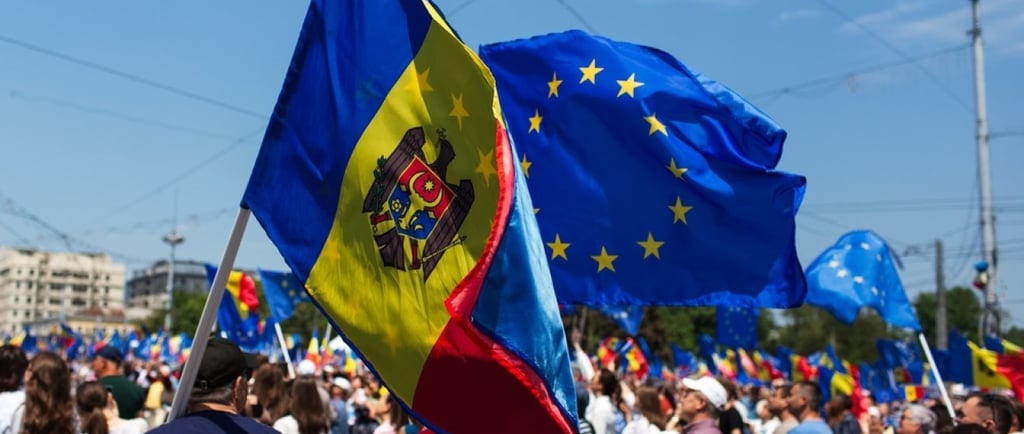Moldova: Referendum to Join EU Passes
Moldova’s referendum on EU integration, narrowly passed with 50.35% in favour, underscores the nation’s divided identity and complex geopolitical positioning. As Moldova grapples with internal discontent and external pressures, can its government bridge societal divides and maintain a steady course toward European integration?
MOLDOVA
Daria Maiorova
11/3/20242 min read


On October 20, 2024, the Republic of Moldova held a pivotal referendum on joining the European Union, with 50.35% of voters supporting integration and 49.65% voting against it. The razor-thin margin reflects both the country’s geopolitical ambitions and the profound internal and external challenges shaping its political landscape.
The referendum was closely monitored by international observers, including a mission from the Office for Democratic Institutions and Human Rights (ODIHR) of the OSCE, led by Ursula Gacek. Observers scrutinised compliance with electoral legislation, voter registration, and campaign activities to ensure transparency. This meticulous monitoring was vital to fostering trust among citizens and the international community, particularly given Moldova’s volatile political climate.
Simultaneously, presidential elections added another layer of tension. President Maia Sandu, a pro-European reformer, faced a strong challenge from Alexandru Stoianoglo, a candidate supported by the Socialist Party and known for his pro-Russian stance. Pre-election surveys indicated Sandu had 36% support, but no candidate was expected to secure a majority in the first round. These elections further highlighted Moldova’s deep internal divisions, with regions such as Gagauzia and Transnistria leaning heavily toward Russia, reflecting broader societal cleavages.
The referendum itself became a symbolic expression of Moldova’s European aspirations. For Sandu, it represented an opportunity to consolidate support, particularly from the Moldovan diaspora, which largely resides in the EU and advocates for pro-European reforms. However, widespread scepticism remains, fuelled by economic difficulties and nostalgia for the Soviet era. Many Moldovans question whether EU integration will alleviate their hardships or exacerbate them, adding to the polarisation.
Moldova’s internal challenges have played a significant role in shaping public opinion. Corruption, economic instability, and growing public discontent undermine trust in government and its ability to deliver on promises of reform. High energy prices and low wages create fertile ground for manipulation by external actors, with recent allegations against Russia for organising voter bribery schemes drawing international attention. A high-profile case involving former oligarch Ilan Shor revealed a €15 million operation to bribe 130,000 voters, further damaging public trust and intensifying political discord.
Christian Kantir, a professor of international relations, remarked that the referendum’s outcome might have been different without the active participation of the diaspora, highlighting the importance of ensuring representative outcomes in future elections. The slim majority in favour of EU integration underscores the urgency of addressing societal divides and building consensus around Moldova’s future.
The referendum’s outcome presents significant challenges for President Sandu’s pro-European government. Strengthening internal institutions, continuing the fight against corruption, and enhancing government transparency are essential to maintaining public trust. Reforms aimed at improving judicial independence and upholding the rule of law must be prioritised to demonstrate the benefits of European integration to a sceptical populace.
Engaging with opposing groups will also be critical to minimising polarisation. Public hearings, seminars, and community dialogues could provide platforms for understanding citizens’ concerns and developing inclusive solutions. An active partnership between the government and civil society can restore trust in state institutions and mitigate the risks of societal fragmentation.
Moldova’s narrow vote in favour of EU membership signals a cautious step toward European integration, but it also highlights the deep divisions within the country. Balancing the aspirations of a European future with the realities of domestic and geopolitical challenges will define Moldova’s path in the years to come.


